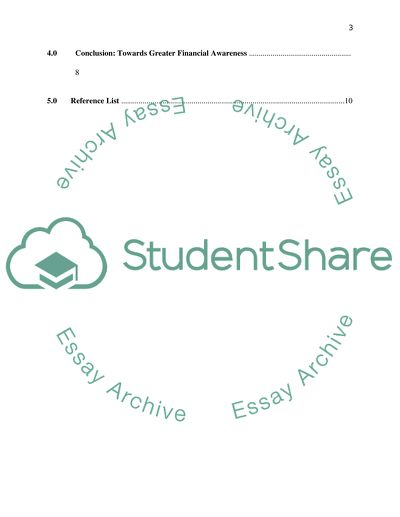Cite this document
(Impact and Responses to the Personal Debt Crisis in the United Kingdom Coursework, n.d.)
Impact and Responses to the Personal Debt Crisis in the United Kingdom Coursework. Retrieved from https://studentshare.org/finance-accounting/1501209-personal-debt-crisis-in-the-uk
Impact and Responses to the Personal Debt Crisis in the United Kingdom Coursework. Retrieved from https://studentshare.org/finance-accounting/1501209-personal-debt-crisis-in-the-uk
(Impact and Responses to the Personal Debt Crisis in the United Kingdom Coursework)
Impact and Responses to the Personal Debt Crisis in the United Kingdom Coursework. https://studentshare.org/finance-accounting/1501209-personal-debt-crisis-in-the-uk.
Impact and Responses to the Personal Debt Crisis in the United Kingdom Coursework. https://studentshare.org/finance-accounting/1501209-personal-debt-crisis-in-the-uk.
“Impact and Responses to the Personal Debt Crisis in the United Kingdom Coursework”, n.d. https://studentshare.org/finance-accounting/1501209-personal-debt-crisis-in-the-uk.


